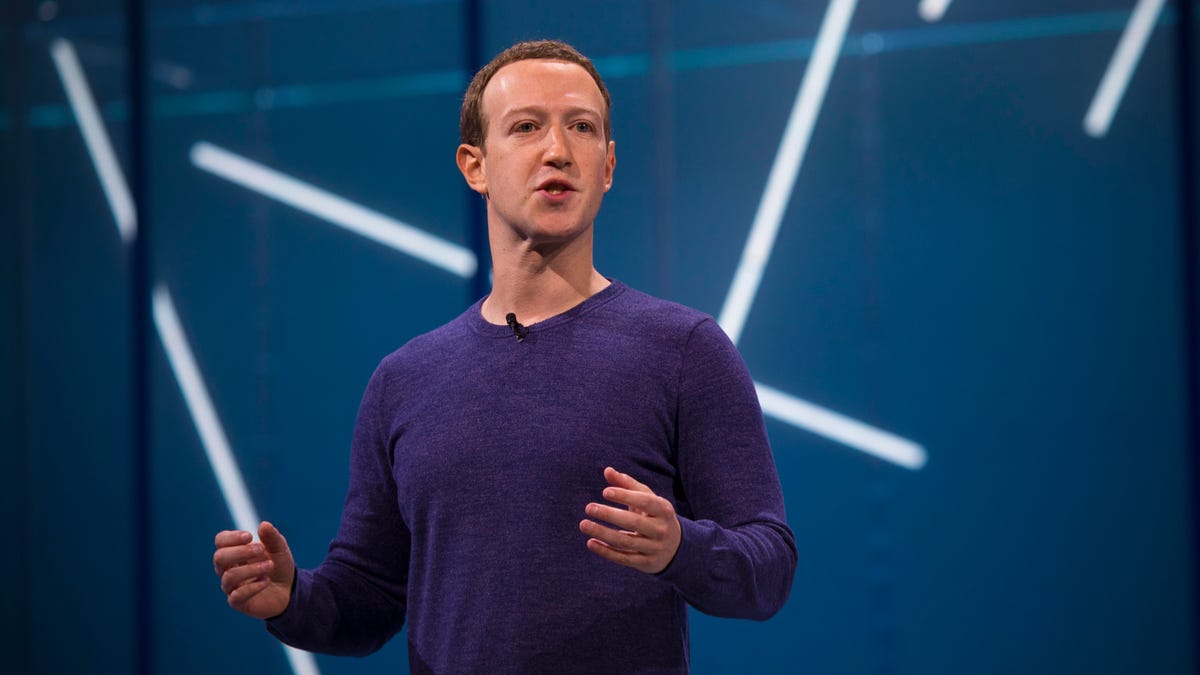Facebook faces questions from lawmakers about privacy of health groups
The social network has been accused of exposing the health data of users in "closed" Facebook groups.

Facebook CEO and co-founder Mark Zuckerberg
Facebook is under fire for allegedly failing to protect the health data provided by users in "closed" groups, and lawmakers want answers.
On Tuesday, the House Committee on Energy and Commerce sent a letter to Facebook CEO and co-founder Mark Zuckerberg requesting a staff briefing by March about the latest privacy concerns tied to the social network.
A 43-page complaint filed to the Federal Trade Commission, which was made public on Monday, alleges that Facebook lures users into sharing their personal health information in closed groups, meaning members have to be approved before they can view or post content. But the social network allegedly misleads users about how private or anonymous the health data they share is, and third parties have exploited loopholes to access members' posts and comments.
A Facebook spokesperson pushed back against the idea the social network was misleading users about closed groups.
"Facebook is not an anonymous platform; real-name identity is at the center of the experience and always has been. It's intentionally clear to people that when they join any group on Facebook, other members of that group can see that they are a part of that community, and can see the posts they choose to share with that community," a Facebook spokesperson said in a statement. "There is value in being able to know who you're having a conversation with in a group, and we look forward to briefing the committee about how these products work."
In July, revelations surfaced that members of a private group for breast cancer gene carriers discovered a Chrome extension that allowed marketers and others to find the names and sometimes the profile information of members in closed groups.
While Facebook closed this loophole, security researcher Fred Trotter and health care lawyer David Harlow noted in the complaint that it's possible to set up a fake account and download a group's member list. Trotter and Harlow also argued that Facebook violated federal law along with an agreement it had with the FTC to get consent from users before sharing their data with third parties.
"The consumer complaint raises a number of concerns about Facebook's privacy policies and practices," lawmakers said in the letter to Zuckerberg. Facebook, they said, may have failed to inform users that their health data might have been exposed to insurance companies, online bullies and others.
The FTC, which has been investigating Facebook's privacy practices, is reportedly negotiating a record-setting fine against the social network.
First published Feb. 19, 1:46 p.m. PT.
Update, 2:29 p.m. PT: Adds statement from Facebook.

